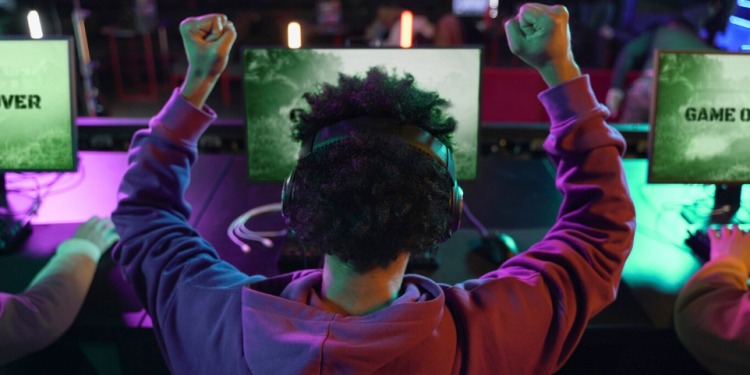Video games are no longer a solitary hobby. With the rise of online multiplayer titles, gaming has transformed into a powerful social platform, enabling people from around the world to connect, collaborate, and compete in real time.
Games like Minecraft, Among Us, and Call of Duty: Warzone have become digital meeting places where friendships are formed and communities thrive. Unlike traditional social media, these games offer interactive environments that require teamwork, communication, and shared goals. Whether it’s building virtual cities, solving mysteries, or coordinating in high-stakes battles, players engage in ways that feel natural and dynamic.
This evolution has been particularly impactful in recent years, as online gaming provided a sense of connection during times of isolation. Voice chat, live streaming, and cross-platform play have made it easier than ever to stay connected with friends and meet new people, regardless of geographic boundaries.
Platforms like garuda8 highlight how gaming continues to blur the line between entertainment and socialization. These spaces showcase how players interact not just for competition but also for camaraderie, making gaming one of the most engaging modern social activities.
Moreover, multiplayer games have sparked entirely new subcultures—esports teams, streaming personalities, and fan-driven events have built a vibrant ecosystem. The rise of these communities demonstrates how gaming is no longer a niche pastime but a cornerstone of global digital culture.
As technology advances, virtual reality and augmented reality are set to make these interactions even more immersive, promising a future where gaming becomes an even more central part of how we connect and socialize.








